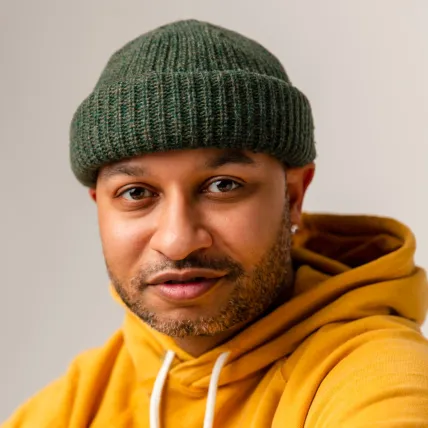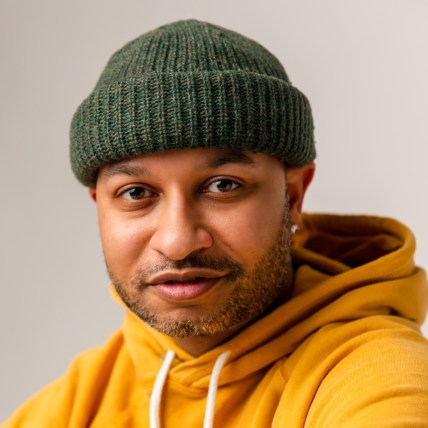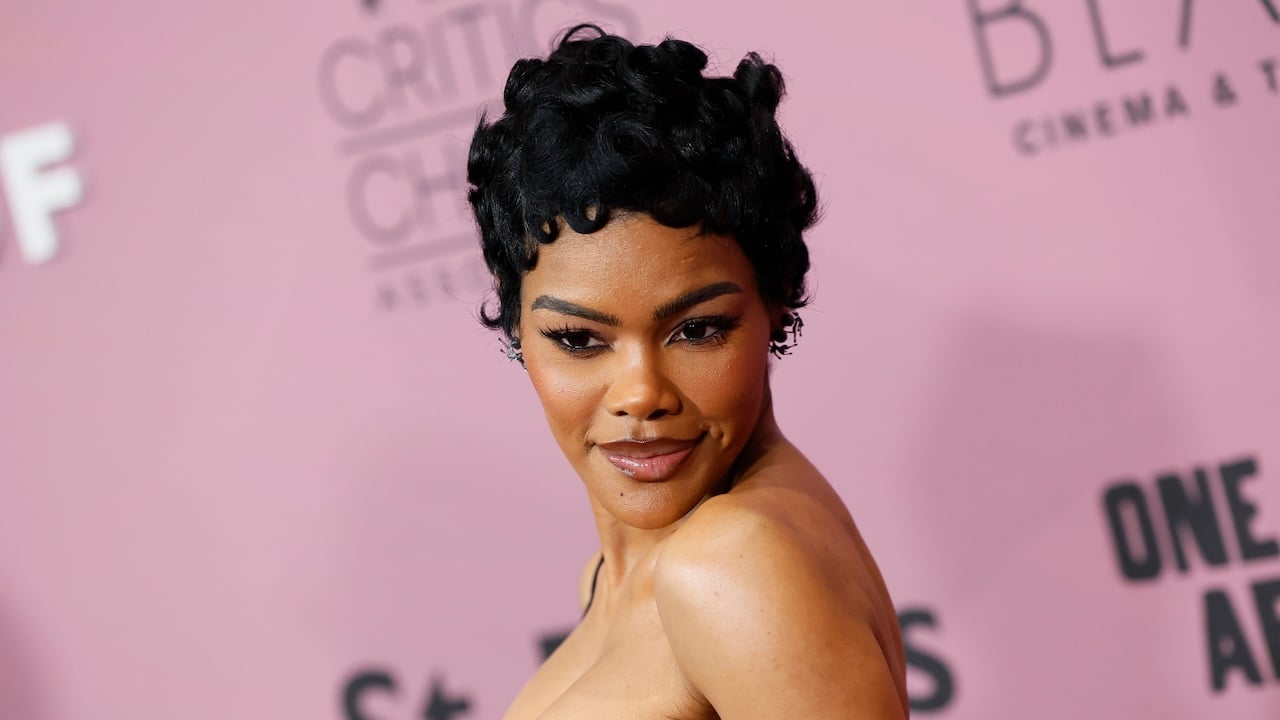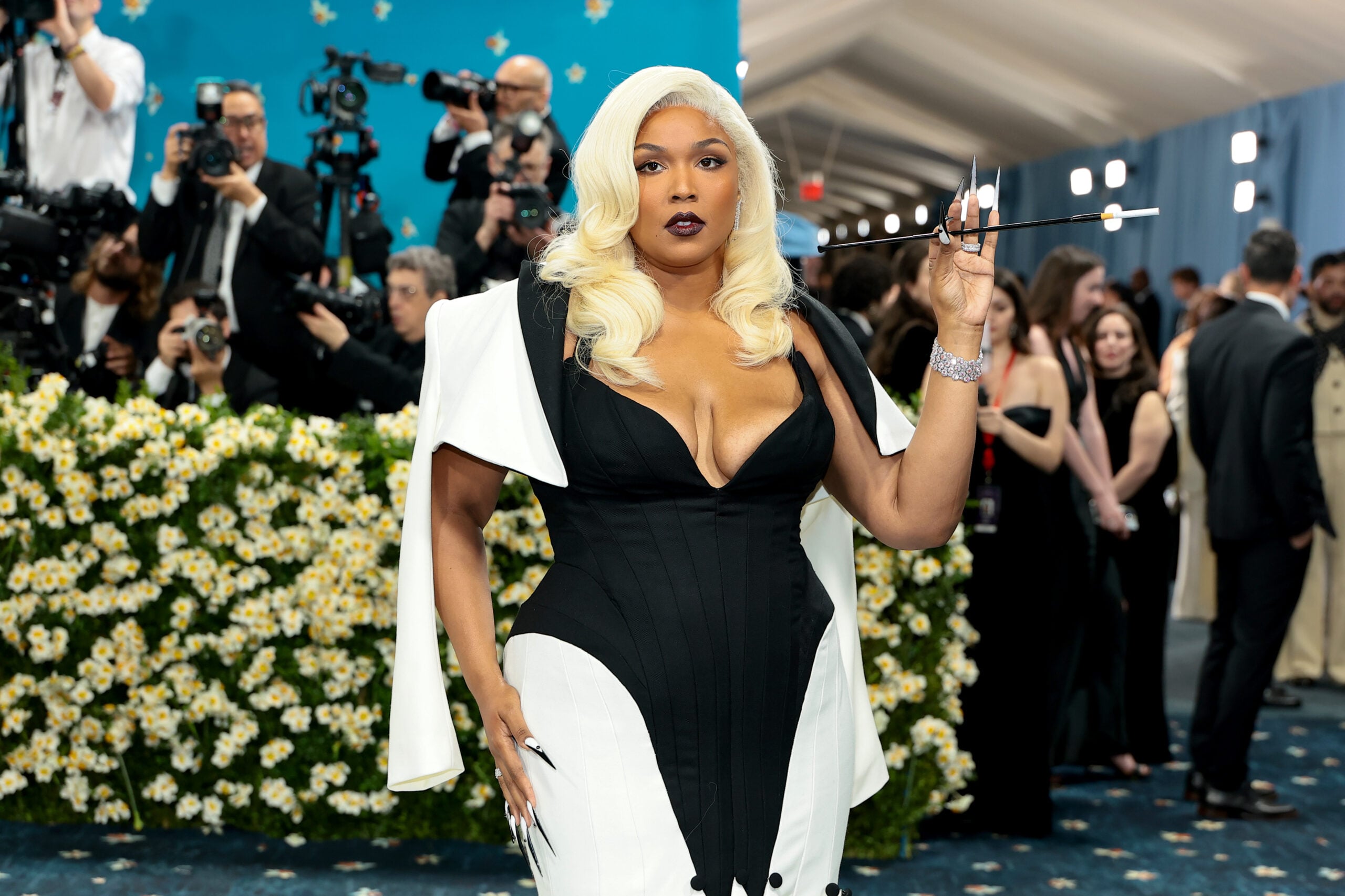Editor’s note: The following article is an op-ed, and the views expressed are the author’s own. Read more opinions on theGrio.
Every few years, I rewatch “The Wire,” the five-season show set in Baltimore that is often considered to be one of the greatest television shows ever made. The wire in the title refers to wiretaps set up by the Baltimore Police Department against various drug organizations in West Baltimore in hopes of bringing down major drug players and in season two, against the head of a union leader who happened to run afoul of a major in the Baltimore Police Department.
“The Wire” gave us legendary characters like Stringer Bell (Idris Elba), Avon Barksdale (Wood Harris), Det. Jimmy McNulty (Dominic West), Bubbles (Andre Royo), Det. Kima Greggs (Sonja Sohn), Chris Partlow (Gbenga Akinnagbe) and Snoop (Felicia “Snoop” Pearson), among a litany of others. Truly, the show had a great many characters. Arguably the most legendary and iconic is Omar Little (Michael K. Williams), a gay man who didn’t curse unless absolutely necessary who robbed drug dealers and drug dealers only, whose legend in Baltimore was so large that drug corner kids would run in fear at the sound of his name. Even those who hated Omar — and there were many who hated him — respected him.
Despite the number of people who wanted Omar dead and the extremely dangerous line of work he chose for himself, Omar managed to make it through all of the seasons of the show. At the end of season four, he retired from “the game” and moved to Puerto Rico but was pulled out of retirement when Chris and Snoop — the muscle for Marlo Stanfield’s (Jamie Hector) West Baltimore drug organization — tortured Omar’s friend and confidante, Blind Butchie (S. Robert Morgan) to get him out of hiding for robbing Marlo at a poker game. It worked, of course. The season five storyline that follows Omar is him trying to get at Marlo, Chris and Snoop as they’re trying to get at him.
Entertainment
In one absolutely insane scene, after being ambushed by Chris, Snoop and their trainee, Michael (Mack Wilds), Omar jumps from (I believe) the seventh-floor balcony of an apartment building and disappears into the night. Marlo finds it hard to believe that Chris and Snoop lost him to some superhero shenanigans, but we come to find that Omar somehow got into a storage closet and has a broken (or fractured) leg. Omar then moves around West Baltimore, calling out Marlo by name, referring to him as everything but a child of God trying to get him out. As he’s doing this, he runs up on corner boys and on one corner, Michael’s, he’s limping with a makeshift crutch. A young corner boy named Kennard (Thuliso Dingwall) sees this, and after all of the stories he’s heard about Omar, seems less than impressed with this broken man who is so feared in the streets of Baltimore. Kennard eventually follows Omar into a corner store and shoots him in the end, bringing an end to the legend of Omar.
When the episode where Omar dies (season 5, episode 8, titled “Clarifications”) aired, I remember the conversation around it; some of us felt like the death was too anticlimactic for such an important character; others thought it did in fact show just how anticlimactic a death can be on the street, even for a legendary figure. Omar was killed by a kid for no other reason than he had Omar in his sights. Just … because. I was incensed. I don’t know how I thought he should die but it was definitely more than getting shot in a corner store by a kid with absolutely no dog in the fight.
I wanted it to be a shootout where Omar went out on his own terms. Omar wasn’t meant to live a long life — when he died at 34, he’d lived much longer than I think most folks expected, including everybody in the police department who knew him. I was waiting for an epic showdown between him and Chris. So was Chris, who was almost as disappointed at hearing the news that Omar was killed as I was seeing it onscreen. Chris had an adversary, one who he needed to kill but who he had some kind of insane respect for considering their shared line of work. Chris (who would end up in prison for life) and Omar were like two top killers in a videogame, destined to meet to determine the GOAT. Omar dying at the hands of Kennard felt unjust. It felt wrong.
That’s exactly how I felt watching “The Wire” again. Every single time I watch this series, I get to that point and get upset. In the confines of the show, sure, it worked. The writers, creators and actors of “The Wire” made it all work so effortlessly. But it’s Omar. Omar Little. Omar was not only a fan favorite but the most complex character on the show for any number of reasons. Omar was a part of almost every other story. And to see him shot and killed in such an ordinary (for the world of “The Wire”), just-another-day in Baltimore fashion always gets me. It’s fine, though. “The Wire” is one of the greatest shows for a reason; plus, his death created ANOTHER reason to talk about the show, even 16 years later.

Panama Jackson is a columnist at theGrio and host of the award-winning podcast, “Dear Culture” on theGrio Black Podcast Network. He writes very Black things, drinks very brown liquors, and is pretty fly for a light guy. His biggest accomplishment to date coincides with his Blackest accomplishment to date in that he received a phone call from Oprah Winfrey after she read one of his pieces (biggest) but he didn’t answer the phone because the caller ID said “Unknown” (Blackest).





